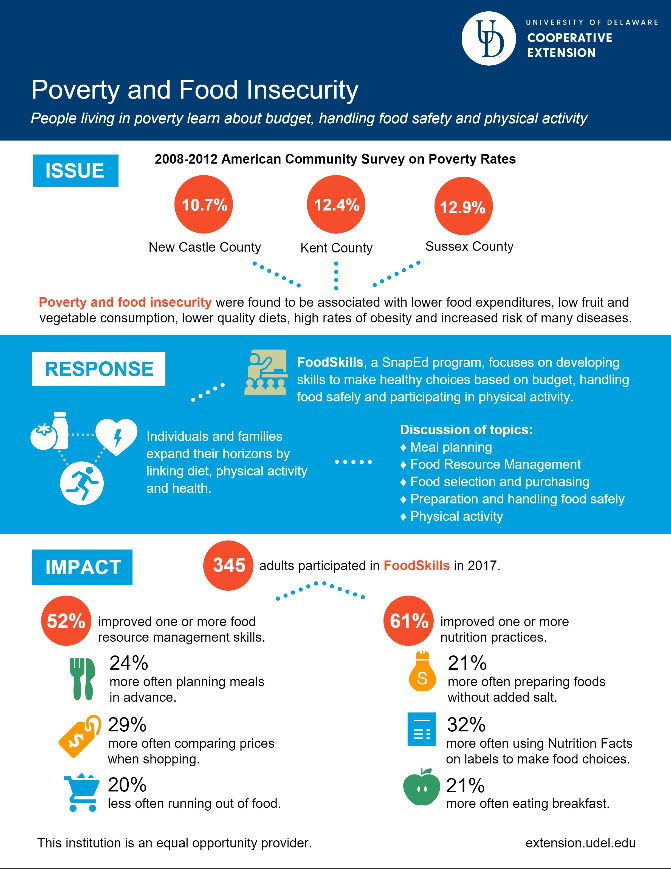
Fresh Market Variety Trials and Variety Recommendations (2017)
- Health & Well-being
-
Agricultural Programs
- Agribusiness
- Animal Science
- Beginning Farmer Program
- Commercial Crops
- Commericial Horticulture
- Delaware Soil Testing Program
- Disease Management
- Farm Vitality and Health Project
- Irrigation
- Nutrient Management
-
Insect Pest Management
- Insect Trapping Program
- IPM Hot Topics
- Commercial Field Crop Insect Management
- Commercial Field Crop Disease Management
- Commercial Fruit & Vegetable Crop Pest Management
- EIPM Implementation Projects
- Pollinators
- Research and Extension Demonstration Results
- Brown Marmorated Stink Bug (BMSB) Management, Research, and Resources
- Publications
- Pesticide Safety Education Program
- UD Plant Diagnostic Clinic
- Variety Trials
- Weed Science
- Certified Crop Advisor Program
- Poultry Biosecurity
- 4-H
-
Horticulture
- Climate Variability and Change
- Delaware Soil Testing Program
- Forestry
- Lawn and Garden
- Master Gardeners
- Master Naturalist Program
-
Nutrient Management
- Nutrient Management Certification
- Continuing Education for Nutrient Management
- Nutrient Management Planning Resources
- Commercial Nutrient Handler Resources
- Poultry Litter and Manure Management
- Turf Management
- Agriculture Notebook
- Horticulture Handbook
- Agriculture & Horticulture Handbooks
- Crop Production
- Soil Fertility
- Delaware Climate Change Coordination Initiative (DECCCI)
- Salt Impacted Agricultural Lands

ISSUE
For many fresh market vegetable crops, a large number of varieties are available, but not all are suitable for production in Delaware. Growers need research-based information on yield, quality traits and disease resistance of varieties in order to choose varieties that are likely to perform well on their farms.
RESPONSE
Classes were conducted that target adults with incomes below 185% of poverty and who have responsibility for food planning. FoodSkills, a SNAP-Ed program, focuses on developing skills to make healthy choices based on budget, handling food safely, and participating in physical activity. Individuals and families expand their horizons — linking diet, physical activity, and health. Time was often a barrier, so courses were scheduled to meet participants’ availability. Topics include meal planning, food resource management, selection and purchasing, preparation, safety, and physical activity.
IMPACT
In 2017, a total of 345 adults participated in FoodSkills. Fifty-two percent of participants improved one or more food resource management skills, including more often planning meals in advance (24%), more often comparing prices when shopping (29%), running out of food less often (20%), and using a grocery list (21%). Additionally, 61% of participants improved one or more nutrition practices. Specifically:
- 27% more often thought about healthy food choices when deciding what to eat
- 21% more often prepared foods without added salt
- 32% more often used the Nutrition Facts on food labels to make food choices
- 21% reported eating breakfast more often
Safe food handling practices improved among FoodSkills graduates with 39% reporting improvement in one or more food safety practices. As a result of the program, 19% said he/she more often followed the recommended practice of not allowing meat and dairy foods to sit at room temperature for more than two hours, while 34% indicated they more often followed the recommended practice of not thawing food at room temperature.
The University of Delaware is an Equal Opportunity Institution and Provider. Visit UD’s Office of Equity & Inclusion to learn more.
Additional Links
531 South College Avenue Newark, DE 19716 (302) 831-2501
